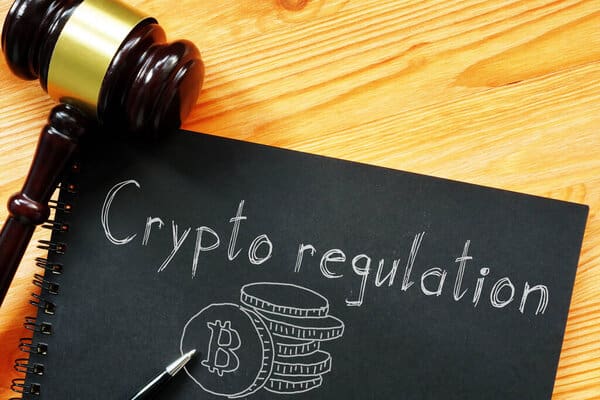Summary:
- Coinbase has successfully registered with Spain’s central bank, enabling the cryptocurrency exchange to offer its exchange and custody services within the Spanish market.
- Registration with the Bank of Spain is a mandatory step for cryptocurrency firms and involves compliance with stringent anti-money laundering standards.
- Spain is poised to introduce a licensing framework for crypto firms in accordance with the European Union’s MiCA regulation, set to come into effect in 2024.
- Coinbase’s registration follows the trend of major cryptocurrency companies seeking regulatory approval, emphasizing the industry’s recognition of the importance of regulatory compliance.
Coinbase Strategic Move: A Gateway to Spain’s Crypto Market
In a significant move towards regulatory compliance and expanding its global presence, cryptocurrency exchange Coinbase (COIN) has announced its successful registration with Spain’s central bank. This pivotal step now enables Coinbase to offer exchange and custody services within the Spanish market.
Registration with the Bank of Spain represents a mandatory prerequisite for any entity wishing to provide cryptocurrency-related services within the country. This registration process also necessitates adherence to Spain’s rigorous anti-money laundering (AML) standards, reinforcing Coinbase’s commitment to upholding the highest levels of financial integrity.

MiCA Regulation: The Future of Crypto Compliance in Europe
While Spain presently lacks a formal licensing framework for cryptocurrency firms, the imminent implementation of the European Union’s MiCA (Markets in Crypto-Assets) regulation in 2024 is set to usher in a new era of regulatory oversight. MiCA will require crypto issuers and service providers operating within the EU to obtain licenses, aligning with the evolving regulatory landscape.
Coinbase’s decision to register with Spain’s central bank aligns with a broader industry trend, with other major players like Crypto.com and Bitstamp having already initiated similar regulatory procedures. The move signals a growing recognition within the cryptocurrency space of the importance of regulatory clarity and adherence to AML standards.













Discussion about this post